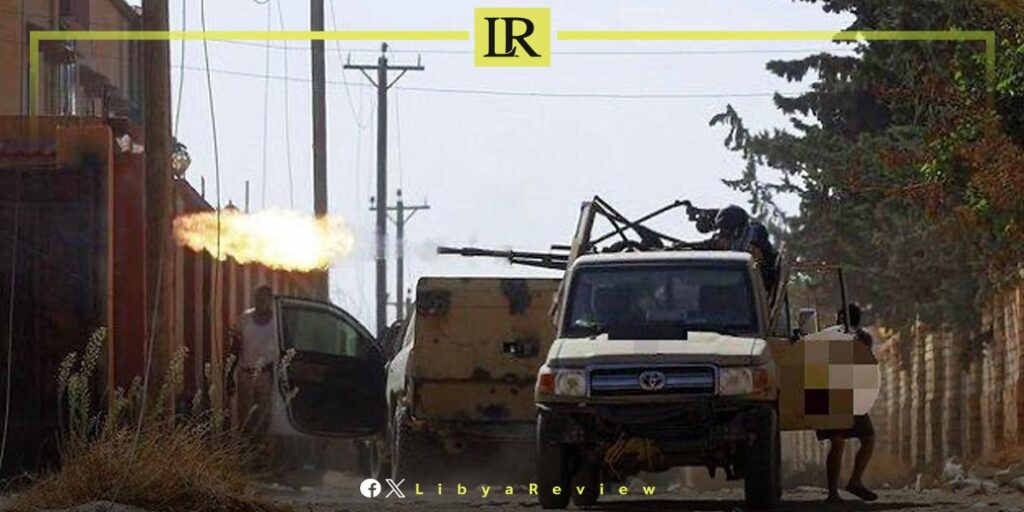Two people have died, and three others were injured in clashes in Al-Khums, east of the Libyan capital, Tripoli, as announced by Al-Khums Teaching Hospital on Thursday.
The Joint Health Room in Al-Khums Municipality declared a state of emergency following the early morning clashes.
Al-Khums Teaching Hospital reported receiving the bodies of the deceased and treating three injured individuals. Two of the injured had gunshot wounds and shrapnel injuries and were stabilised before being transferred to another hospital.
A third patient, who was critically injured, was treated by specialists in surgery and orthopaedics.
The Joint Health Room deployed members of the Emergency and Ambulance Services around the clash site and urged residents to stay clear of the area. The situation has now calmed, according to a statement from the hospital.
Local authorities continue to monitor the situation closely, and emergency teams remain on standby to respond to any further incidents.
Last month, the National Human Rights Commission in Libya (NIHRL) expressed deep concern over recent military mobilisations and movements, which could destabilise the already fragile peace in the country.
The commission warned that these actions might lead to an escalation in violence and armed clashes, posing significant threats to the safety of civilians and undermining efforts to achieve peace and national reconciliation.
The NIHRL noted that the chronic insecurity in Libya stems from the ongoing political crisis and the erosion of institutional legitimacy. This situation highlights the urgent need to prioritise elections to establish legitimate governing bodies that truly represent the will of the people, ensuring the state’s authority and the rule of law.
The commission is closely monitoring these unfortunate developments and calls on all political factions and armed groups to exercise maximum restraint. They urged a halt to any political or military escalation and recommended that all parties avoid violence and instead engage in political dialogue to resolve crises and disputes.
The commission also warned of the grave danger that Libya could slip into a new civil war, threatening the nation’s unity—geographically, socially, and nationally—as well as its social peace and security.


